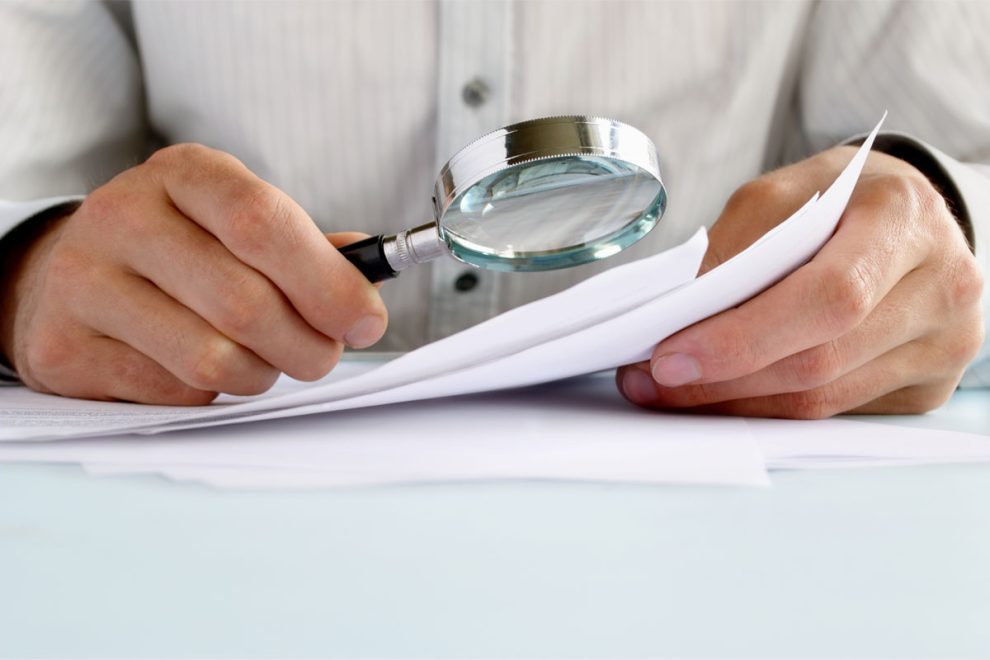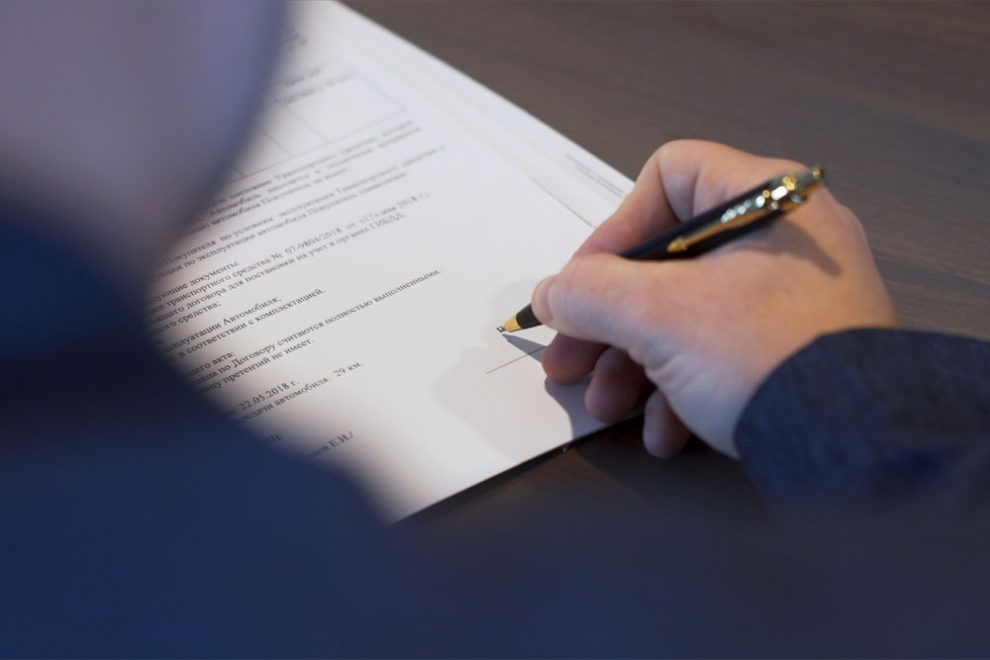How to Find a Last Will and Testament
If you want to acquire a copy of a will for legal purposes or just out of curiosity, you might be able to get access to it simply by asking for it. Situations sometimes come up when you need to acquire a copy of a last will and testament. For example, possibly you’re looking to…










